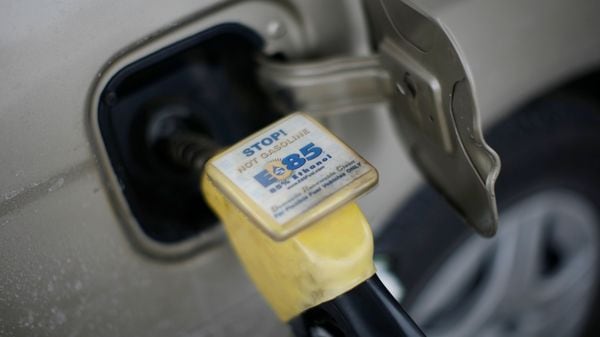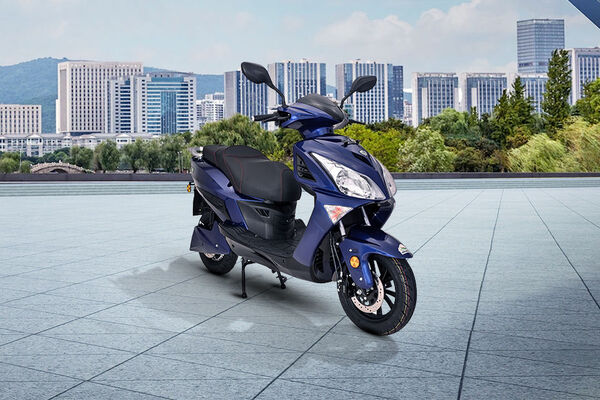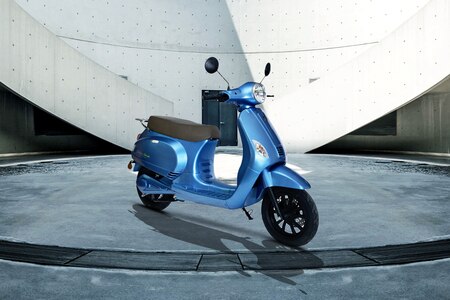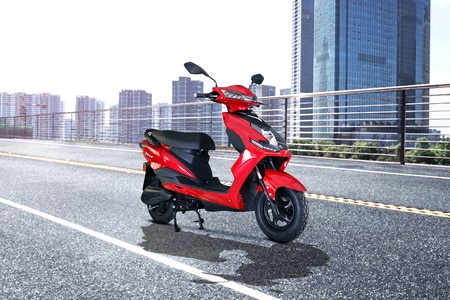India aims for E20 fuel by 2025: Advantages and challenges
- India aims to achieve 10% ethanol blending in petrol by 2022 and 20% ethanol blending by 2025.


The Indian government has been pushing for cleaner fuel solutions for quite some time. It has become a well-established fact that ethanol-blended petrol or biofuel is less polluter than pure petrol. Considering the fact and keeping India's growing air pollution problem in mind, the Indian government has laid down a target of achieving 20% ethanol blending in petrol by 2025. It will be known as E20.
Also Read: Prime Minister Narendra Modi wants India to become global hub for green hydrogen
The 20% ethanol blending in petrol will not only claim to reduce vehicular tailpipe emissions. It is also claimed to help India save a huge sum of foreign exchange by reducing import dependency on fuels.
Also check these Vehicles
The Indian government expects investments of up to ₹41,000 crore in the segment to help the country achieve its E20 target. The country now aims to reach the 10% ethanol blending target by 2022 and 20% by 2025.
However, in a country, where consumers have been conventionally orthodox in terms of adopting new technologies, concerns remain there about the viability of ethanol-blended petrol.
Advantages
Using ethanol-blended petrol for vehicular applications has a lot of benefits. One of them is certainly the reduction in pollution level. Biofuel is known for being a lesser pollutant. This will certainly help in bringing down the pollution level if used on a mass scale.
India currently imports 85% of its total fuel. This results in a huge bill for crude oil. Using 20% ethanol-blended fuel for vehicles in India means the country will save a lot of money.
New technology implementation means there will be opportunities for new job creation. The OEMs and their component suppliers and aftermarket service providing segments will witness new job creation.
The Indian government claims that the target of achieving 20% ethanol in petrol will help the agriculture sector. The government claims that farmers will see increased income because of this policy.
Disadvantages
While there are some advantages for sure, there are some concerns as well. Consumer acceptance of new technology is subject to be tested. Ethanol blended petrol is not something that consumers are very much aware of. The anxiety about using new technology will remain a concern for sure.
A new technology implementation on a mass scale certainly requires a huge sum of investment from the industry stakeholders. After spending a huge amount of money on BS-VI migration from BS-IV in record time, it will be hard for the auto industry stakeholders to invest another huge sum. And that too at a time, when the industry has been hit hard by the Covid-19 pandemic.
Farmers who have been traditionally farming sugarcanes can be benefitted from the strategy. But it is hard to believe that a large scale of farmers will opt for sugarcane farming, which is the main ingredient for ethanol production.
The timeframe is another challenge. With the Covid-19 and subsequent troubling situations disrupting the auto industry operations, achieving the target by the set deadline could be a real challenge.








 15 kWh
15 kWh 140 Km
140 Km















